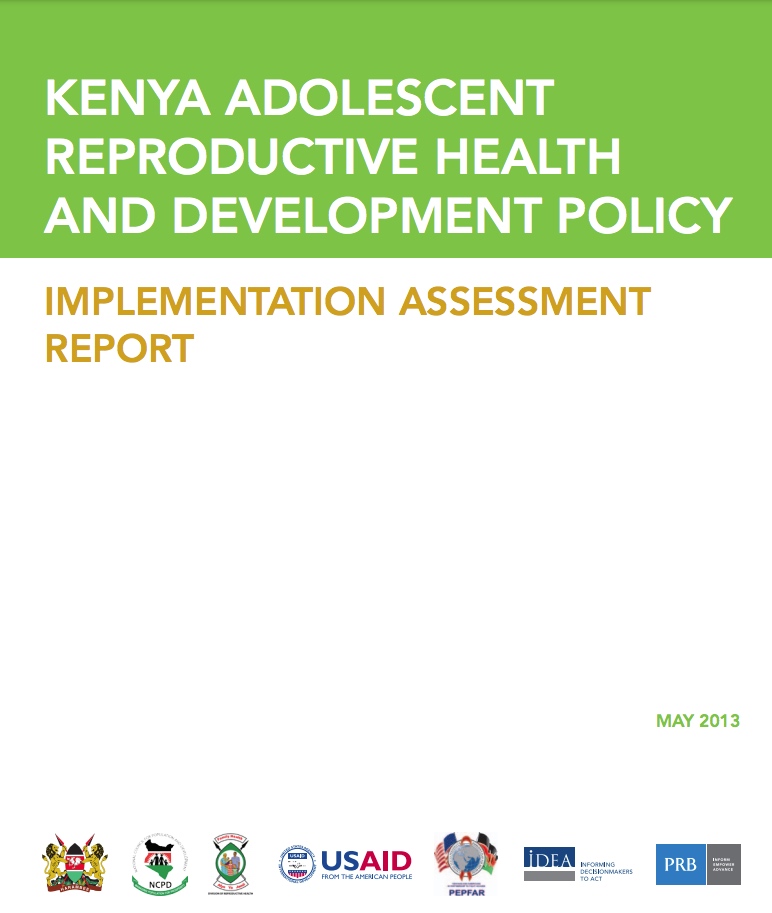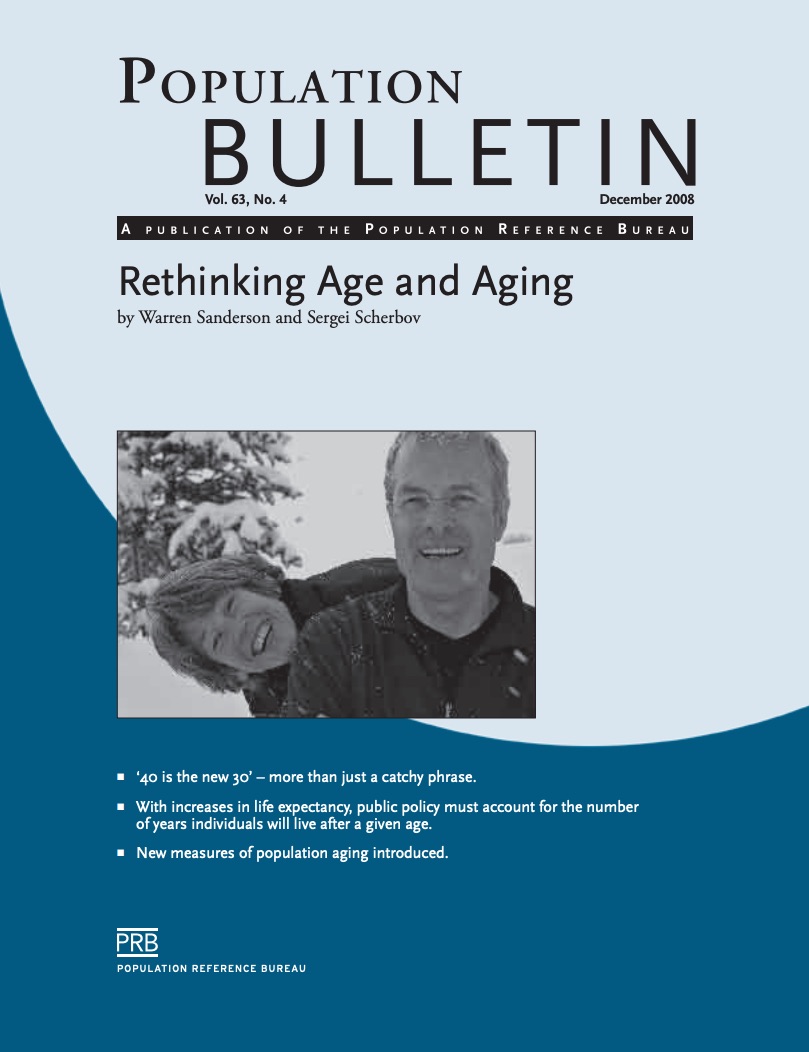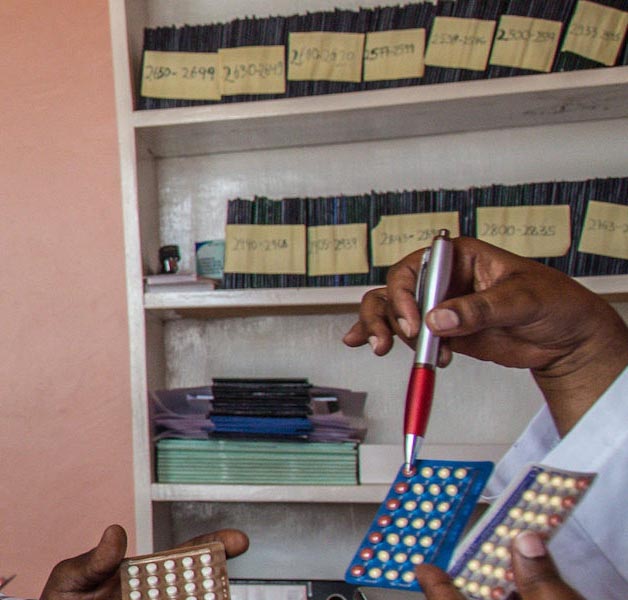535 Search Results Found For : "climate change"

Project: IDEA: Informing Decisionmakers to Act
Kenya’s Adolescent Reproductive Health and Development Policy: Implementation Progress and Barriers
(2013) Developed in 2003, the Adolescent Reproductive Health and Development (ARHD) Policy was the first in Kenya to focus on improving the reproductive health and well-being of adolescents and youth.1 Ten years since the policy was developed, Kenya has experienced much advancement and change in the social, economic, and political environment for ARHD.
PRB Discuss Online: Are the News Media Holding Governments Accountable on Promises to Improve Public Health?
(2010) Perhaps the greatest satisfaction for a journalist is to see one's reporting produce positive change. Journalists are the link between policymakers and the public, and their role as watchdog is to monitor the actions of government and hold those in charge accountable.

Rethinking Age and Aging
(December 2008) According to the United Nations (UN), "Population ageing is unprecedented, without parallel in human history and the twenty-first century will witness even more rapid ageing than did the century just past."

Rethinking Power and Partnership in the SRHR Sector: Lessons From the TIME Initiative
The TIME Initiative sparked a conversation that must continue—not only inside our organizations, but also in our partner countries.

Project: PACE: Policy, Advocacy, and Communication Enhanced for Population and Reproductive Health
Short Videos Highlight Important FGM/C Data
(2017) The videos aim to expand understanding of key data issues in FGM/C research, including the importance of looking beyond national prevalence to identify hotspots or areas within a country where FGM/C is widely practiced, analyzing change over time by comparing older and younger cohorts rather than changes in overall prevalence, and understanding the various questions and data gaps that are raised by newly available data in Indonesia.

